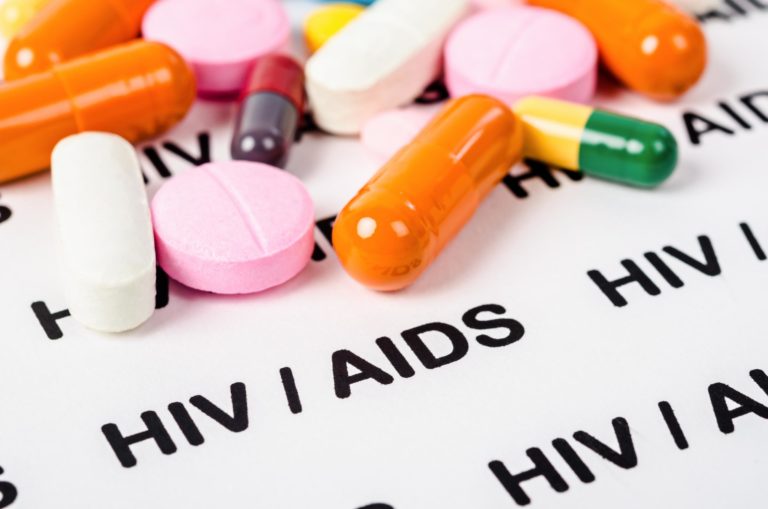The Results from two Antibody-Mediated Prevention (AMP) studies presented at the 4th HIV Research for Prevention conference (HIVR4P virtual ), Wednesday, revealed that infusions of antibodies can prevent HIV infection.
An antibody is a protective blood protein produced by the immune system in response to the presence of a foreign substance, called an antigen. Antibodies identify and latch onto antigens in order to remove them from the body.
The studies conducted jointly by the NIH -funded HIV Vaccine Trials Network (HVTN) and HIV Prevention Trials Network (HPTN) showed that the broadly neutralizing monoclonal HIV antibody (bNAb) VRC01, delivered intravenously once every eight weeks, was effective at preventing the acquisition of HIV strains that were sensitive to the antibody.
Read Also: Nigeria Lost 45,000 People To HIV Last Year – United Nations
This was assessed by a laboratory test that measures a virus’s susceptibility to neutralization by an antibody.
Announcing the results during a press conference prior to the opening session of the meeting, Larry Corey, AMP Protocol Chair and Principal Investigator, HVTN Leadership Operations Center, based at the Fred Hutchinson Cancer Research Center, said the two proof-of-concept AMP studies demonstrated the concept that bnAb could actually prevent the acquisition of HIV infection.
He said,
‘The AMP trials were designed to determine whether long-term administration of a bnAb could reduce HIV acquisition if susceptibility of circulating viruses in the community to the bnAb would influence prevention efficacy and if measuring this susceptibility would be a biomarker of prevention efficacy. All three of these questions were answered by these two trials.’
The AMP results include data from more than 4,600 participants in two studies that enrolled HIV-negative men and transgender people who have sex with men in the U.S., Brazil, and Peru and HIV-negative cisgender women in sub-Saharan Africa.
Corey said VRC01 was 75% effective at preventing the acquisition of HIV strains that were susceptible to the bnAb in women vulnerable to HIV acquisition in sub-Saharan Africa and in men and transgender persons vulnerable to HIV acquisition in South America, Switzerland, and the United States.
The studies build off of traditional concepts of vaccination, in which a vaccine primes the immune system to make antibodies that can neutralize an infectious agent such as HIV.
Instead of priming recipients to create antibodies, the AMP study infused participants with an antibody called VRC01, at eight-week intervals over 80 weeks.
However, the investigational anti-HIV antibody, VRC01, did not significantly reduce overall HIV acquisition after 80 weeks among participants in two multinational clinical trials. It found that VRC01 was not protective against many strains of the virus.
The study findings support the need for additional research on infusions with multiple antibodies capable of achieving broader protection against a variety of HIV strains.
IAS welcomes results
Meanwhile, the International AIDS Society (IAS) has welcomed new results from the studies.
Adeeba Kamarulzaman, President of the IAS said AMP is an exciting proof-of-concept of a new and innovative potential form of HIV prevention.
‘These studies open an important door to what may one day become yet another important approach to preventing HIV infection,’ Kamarulzaman said.
Roger Tatoud, Deputy Director of HIV Programmes and Advocacy at IAS and head of the IAS’s Global HIV Vaccine Enterprise said, ‘Like most innovative research studies, AMP produced complex results that also raise important new questions for researchers.’
He added that moving forward, the field must consider the dual challenges of developing cocktails of antibodies that are both more broadly effective and more easily and practically delivered while remaining affordable and accessible.
It is estimated that more than 75 million people have acquired HIV and more than 32 million people have died from AIDS-related illnesses since the pandemic began.
AFRICA DAILY NEWS, NEW YORK










